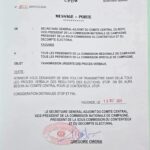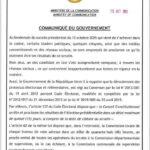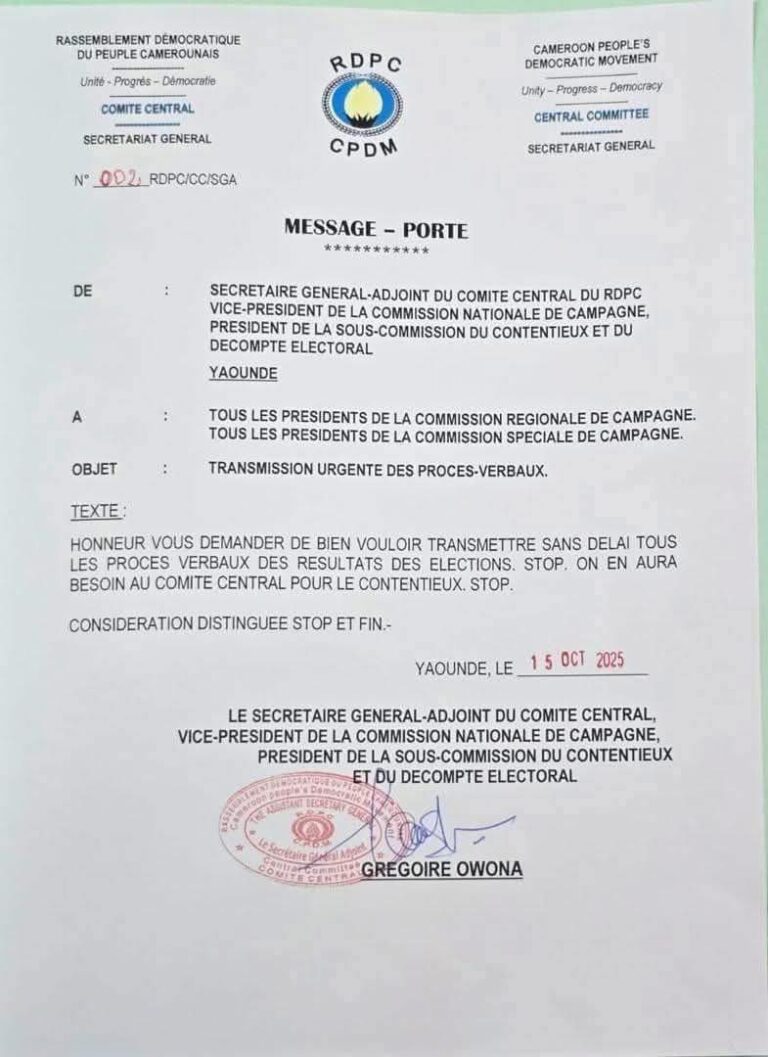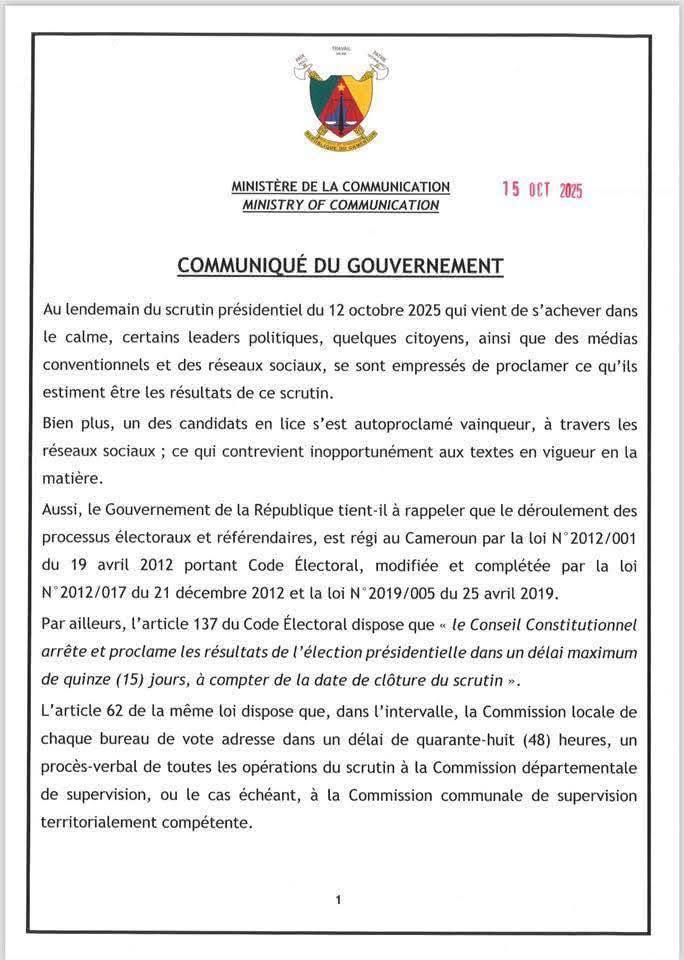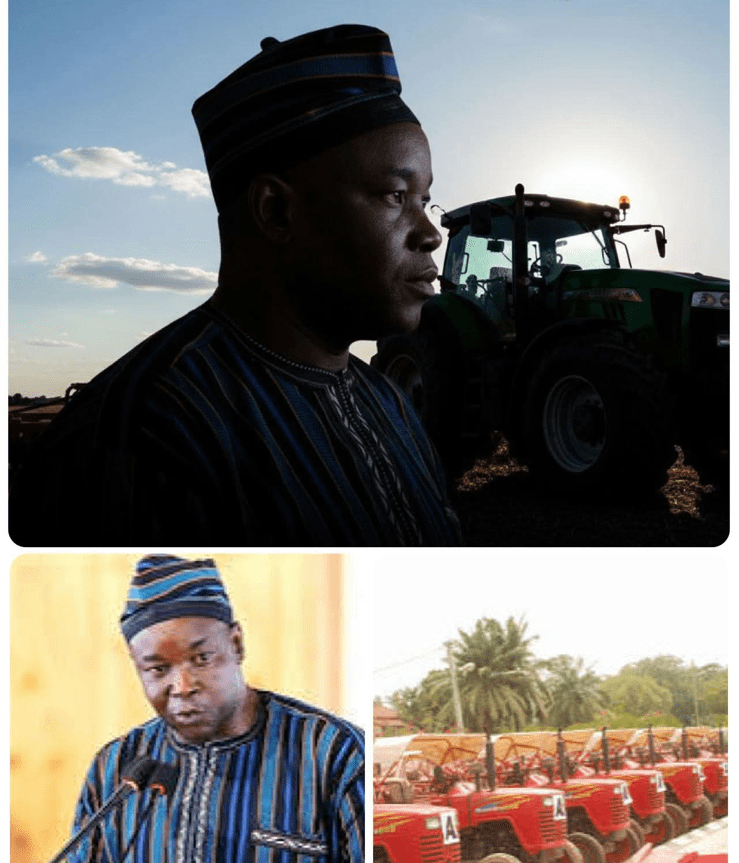
– Advertisement –
By Modou Jallow, USA
Why this matters: A presidential adviser (and senior NPP figure) being named in sworn testimony over removing a state asset, before an official auction, raises fundamental questions about equal treatment, the rule of law, and how Jammeh-era properties were handled.
What the witness said (under oath):
– Advertisement –
Sergeant Adama Jagne of the Mechanical Services Agency told the National Assembly’s Special Select Committee that:
• Presidential adviser Dou Sanno came to MSA, identified a brand-new tractor, and left with it the next day.
• No auction had taken place, and he saw no receipt.
• He initially had orders not to let any vehicle leave. Still, a superior later told him to allow it because the visitor sent was “from the Janneh Commission to value vehicles.”
• He notified his superior after the tractor was handed over.
• Separately, the sergeant described buying another tractor properly at a public sale (bidding up to D40,000) and later reselling it (D120,000).
What Dou Sanno’s public record shows:
• Long-time Barrow ally and Presidential Adviser, previously NPP National Organising Secretary.
• A combative political style (frequent broadsides against UDP leadership, etc.).
• Critics question qualifications, supporters say he delivers for the president.
Key questions that now demand written answers (not speeches):
1. Authority: Who signed (or verbally authorised) the tractor’s release before auction day? Was a Janneh Commission valuation visit ever a license to remove property? Show the memo.
2. Paper trail: Where is the handover note, gate pass, receipt, or auction file for that unit? The asset tag/engine number should match an inventory book, and the page should be published.
3. Consistency: Why was an adviser treated differently if ordinary buyers had to wait for an auction and pay on the spot?
4. Current status: Where is that tractor now? If privately held, under what lawful transaction did the title transfer?
5. Internal controls: Which official changed the “no-removal” instruction? On what written basis?
– Advertisement –
What this is, and isn’t:
• This is not a conviction. It is a credibly specific allegation under oath about a process being bypassed.
• It is a governance test: do rules apply the same to the powerful and the powerless?
Why are citizens’ rights to the press this:
When state assets move without clear documentation, two bad things happen:
• The public loses money (assets go cheap or vanish).
• The public loses trust (rules feel optional for insiders).
Minimum accountability steps to restore trust now:
• Publish: the tractor’s inventory/valuation page, any correspondence authorising temporary removal, and the eventual auction ledger (if later regularised).
• Trace and recover: If no lawful sale occurred, recover the asset or its full value plus penalties.
• Disciplinary clarity: Name the chain of command that green-lit the removal and apply sanctions per Public Service rules.
• Prospective fix: Lock gates without written passes, escort every valuation team, and prevent movement before the auction.
For readers who say “avoid personal attacks, focus on the nation”:
Exactly. This piece is about systems, not insults. If a presidential adviser can take a brand-new state tractor before auction without paperwork, that’s a system problem. Fixing it protects every citizen’s money, regardless of party.
Bottom line:
This episode is a simple test: can The Gambia prove, in documents, not in press statements, that state property moves only through lawful channels? Publish the paperwork, or make the recovery. Anything less is politics over public interest.
Do you have a copy of any gate pass, receipt, or memo tied to this tractor? Send it. We’ll verify and update.

